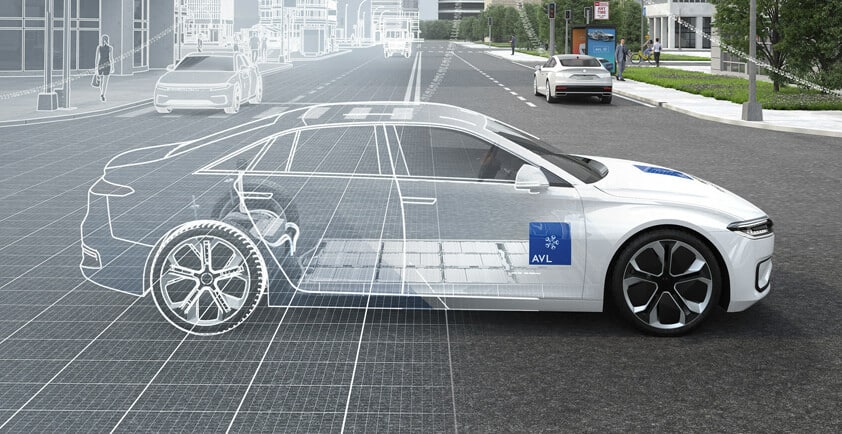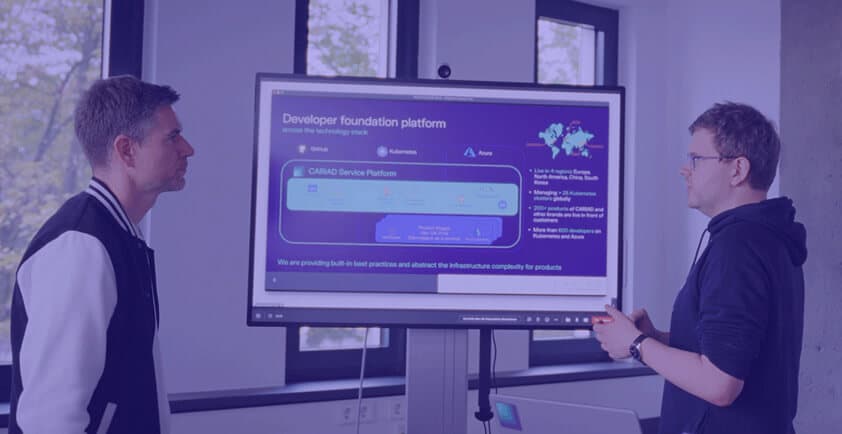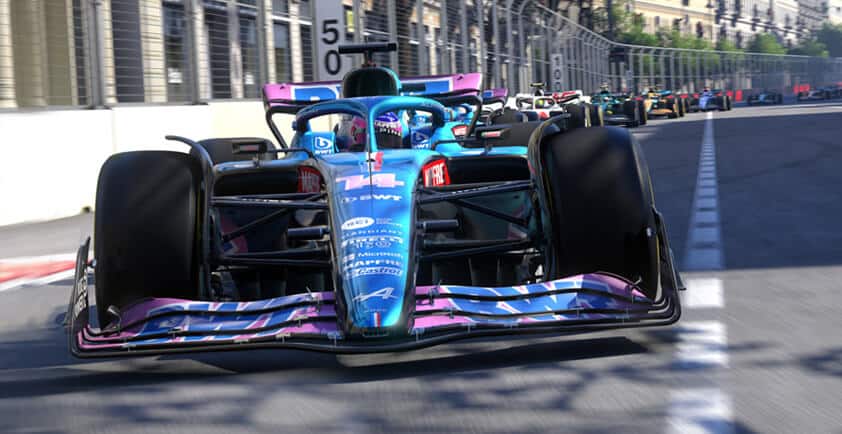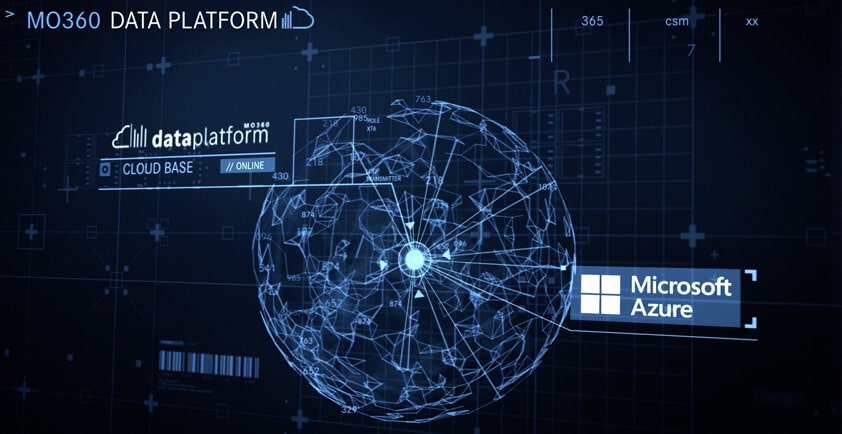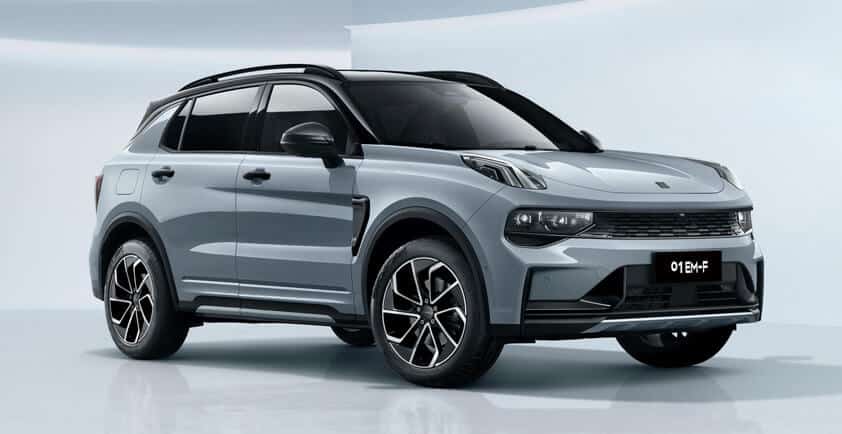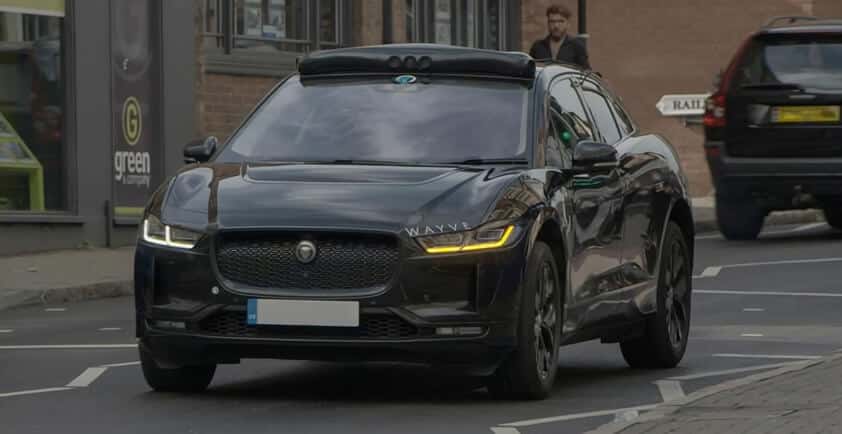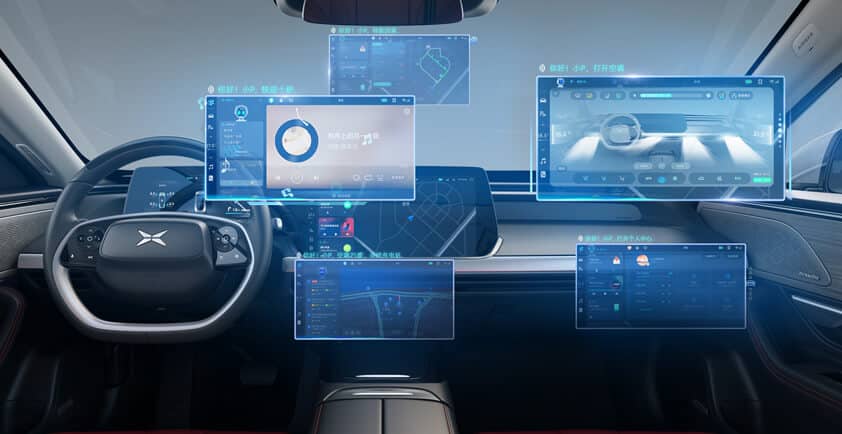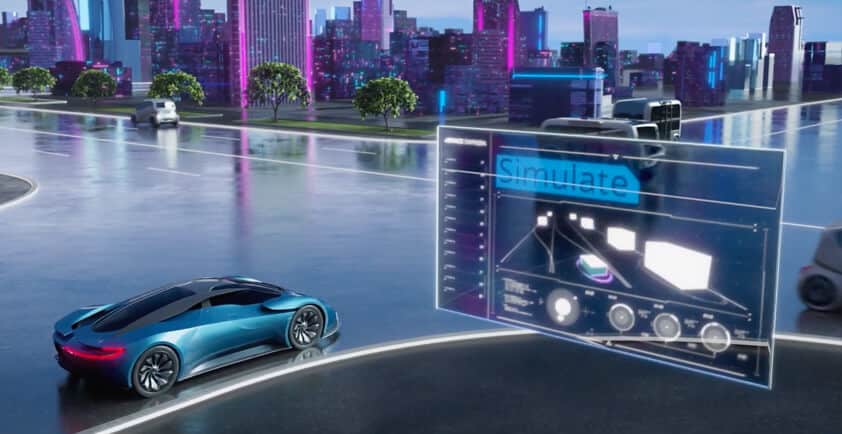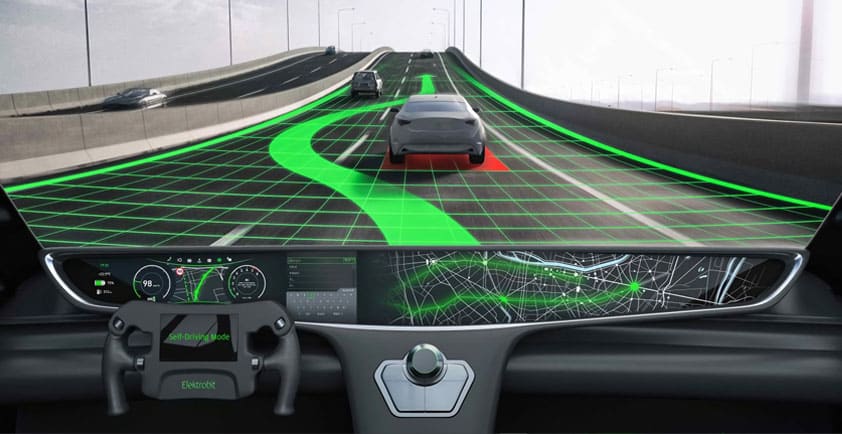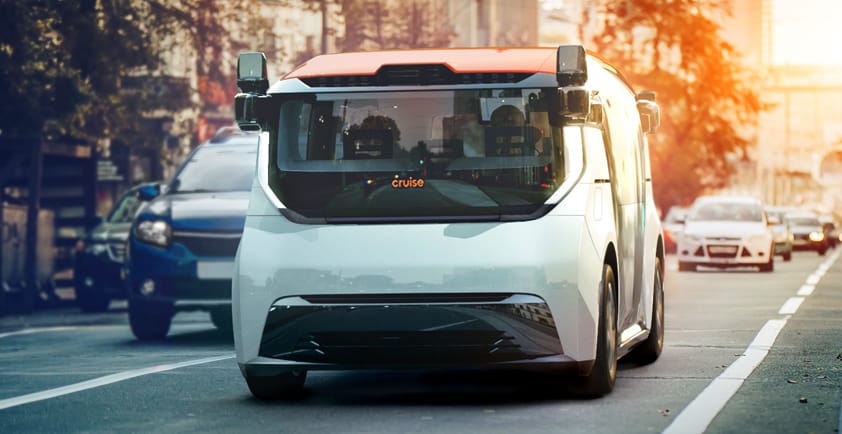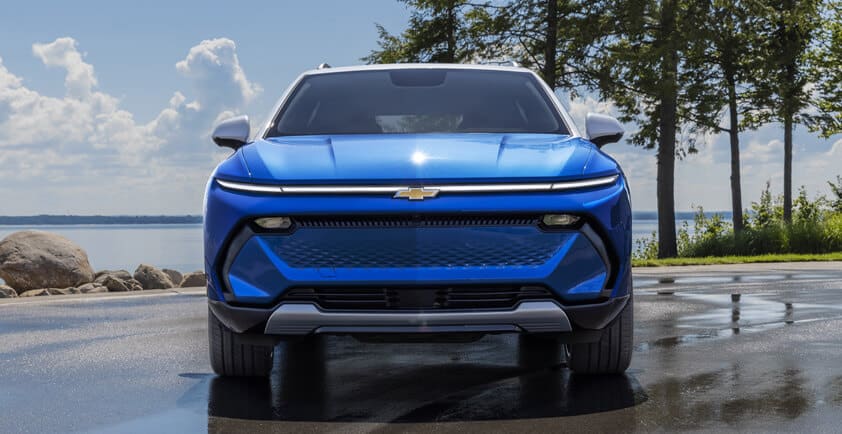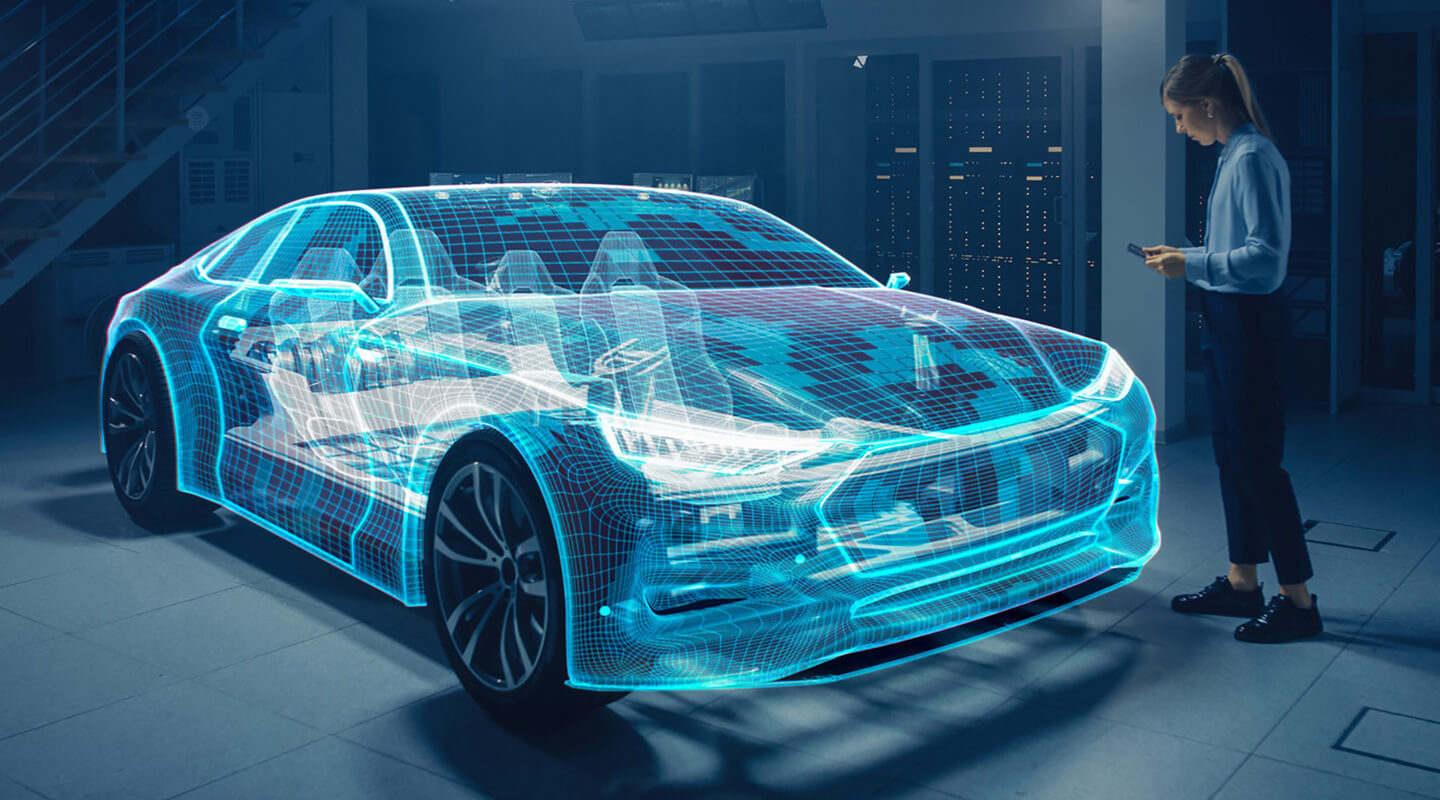
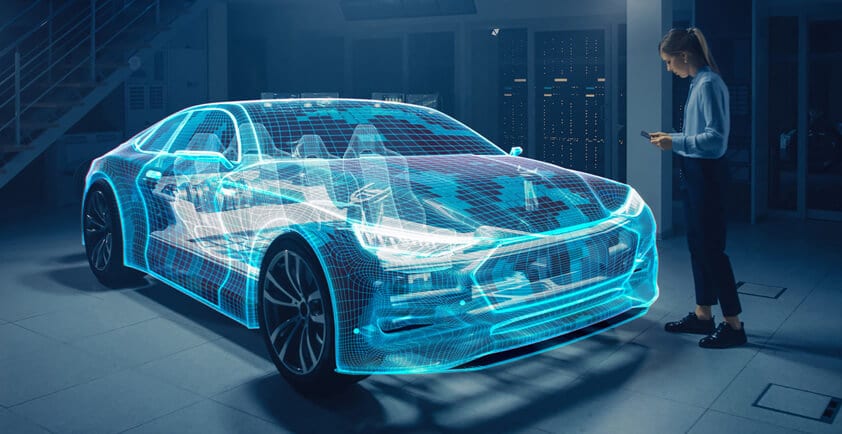
LEARNING FROM CES 2024: 5 WAYS AI IS RESHAPING THE FUTURE OF MOBILITY
After a very impactful return to CES in 2023, it was great to continue the momentum at CES 2024. Seeing how our customers and partners are shaping the future of automotive and mobility and discussing the role Microsoft can play to support their respective journeys was certainly energizing.
Not surprisingly, AI, and in particular generative AI, was at the core of nearly every single conversation as one of the biggest and most disruptive transformative forces to impact the industry in recent memory. The question heard often was how to turn that excitement into action and tangible business outcomes. Microsoft had the opportunity to demonstrate our commitment to the broad adoption and application of AI, and how our focus is bringing our capabilities to the industry in a way that solves deep business problems and creates new opportunities.
Generative AI will impact the entire mobility value chain—from customer experiences both inside and outside the vehicle, research and development (R&D) and design, core operations, and workforce skilling and empowerment.
Making an impact with AI
During CES 2024, our customers and partners shared with us their incredibly exciting AI journeys. We talked about where they are today and where they want to be in the next 12 months. While we see companies at various stages of AI maturity, they all have one thing in common—they are all looking for cost-effective ways to harness the power of AI to drive value faster in their own businesses.
As I reflected on our conversations, five key areas came to mind where AI can make the biggest impact for mobility companies:
1. AI is enabling the next generation of digital cockpits
Spoken language remains the most suitable way to interact with a vehicle—to keep hands on the wheel and the eyes on the road. Generative AI enriches conversational experiences. Think "ChatGPT in the car." Moreover, with a growing ecosystem of third-party integrations into Microsoft Copilot, bringing the driver’s digital life into the vehicle becomes easier than ever before.
We believe that this will spark the next generation of in-vehicle experiences. Our approach is to build an open ecosystem of best-in-class products and technologies, enabled by the Microsoft Cloud and leading AI capabilities. Just as important is the understanding that automotive original equipment manufacturers (OEMs) want to build differentiated experiences and don’t want to be disintermediated from their customers. Our approach aims to provide OEMs with:
> Ownership of the total brand experience.
> A deeper relationship with the end customer.
> Flexibility to adopt technology stack for their own needs.
> Protection of end-user data and privacy.
Supporting this growth, notable partnerships were announced during the lead up to and at CES 2024, amplifying how partners are leveraging Microsoft Azure OpenAI Service and ChatGPT to provide OEMs and their customers with next generation in-car experiences.
TomTom announced their partnership with Microsoft and demonstrated their "digital cockpit" concept at CES 2024 to provide a more natural, conversational way to interact with vehicle features and information sources both inside and outside of the vehicle in a way that is safe and efficient. This solution will allow an OEM to provide a differentiated and unique cockpit experience that also preserves their own brand identity. This "in-cockpit" experience represents significant focus and growth across the ecosystem.
A new collaboration with Cerence focuses on the future of connected mobility. Cerence announced an in-car assistant that leverages ChatGPT and Azure OpenAI Service to support OEMs to implement next generation experiences into new vehicles as well as provide the ability to retroactively upgrade existing customer-owned vehicles—extending customer value through access to more frequent feature updates and generating new revenue opportunities for OEMs.
Current customer stories include an in-vehicle productivity integration with Microsoft Teams from Lynk & Co, creating a seamless, hands-free way to stay productive on the go, and the AI-powered digital companion Mercedes-Benz developed using ChatGPT. This solution has dramatically improved the responsiveness and accuracy of the in-car voice assistant by providing more meaningful answers to queries and enabling context driven communications that are beyond simple vehicle or navigation type questions. In a true execution of innovation "at the speed of AI," Mercedes-Benz was able to envision, develop, test, and deploy this solution in just 12 weeks.
2. AI is creating more value-driven customer experiences
The desired goal for mobility companies including automotive, transportation, and logistics providers is driving increased customer loyalty, growth, and retention. When we talk about the shift from physical to digital, a focus on improving customer experience is a key outcome.
This software-powered expansion creates new revenue-generating opportunities like subscription models, new apps and features, and an improved service experience. Companies are creating new service offerings and even revamping the way customers shop, select, order, and experience the delivery of new products and services.
With the ability to share information across data ecosystems, it is possible to have a multi-modal, frictionless travel experience whether that is in a car, public transportation, or airline, for example. The developments of AI along with a software-driven focus provide longer-term value for the customer and revenue benefits for the organization.
An additional customer experienced focused announcement made during the week of CES 2024 included KPIT, with their creation of a new solution that also employs Azure OpenAI Service for root-cause diagnostics to improve time to first fix and reduce "no-trouble-found" warranty claims enabling improved customer satisfaction and retention for dealerships.
3. AI is accelerating product innovation
Successfully developing and launching a vehicle has become increasingly complex. At the same time, the competitive landscape has changed dramatically as new entrants outside of traditional OEMs that are already "software native" become more prevalent. As a result, we see our customers looking to apply AI to accelerate time-to-market and increase R&D productivity.
A growing development is the desire for OEMs to shift from hardware to software with software defined vehicles (SDV). This represents a significant change to how a vehicle is developed, enhanced, and maintained, and opportunities exist to support open collaboration across the industry to help advance the maturity of SDV.
Supporting this development area, Microsoft is a contributor to the open-source collaboration of OEMs, suppliers, and technology providers in the Eclipse Software Defined Vehicle working group with contributors from across the value chain enabling non-differentiating advancement of SDV for the industry.
SDV toolchain was featured at CES 2024 with the announcement by AVL, a leading mobility technology company using Microsoft Azure OpenAI Service and GitHub Copilot to create new opportunities for OEMs to utilize cloud native capabilities that aid vehicle software development. This new capability can significantly reduce development time for software defined vehicles, improving innovation and time to market.
Digital engineering enables automotive OEMs to connect data across the product lifecycle to transform the way they design, build, and deliver products. The opportunity for AI exists across autonomous development, SDVs as mentioned above, knowledge discovery, and generative design. We believe AI has the potential to do for product development what the Internet of Things (IoT) has done for production in the manufacturing space.
Software development is at the forefront of this. According to a report by McKinsey, software and electronics related to digital engineering will account for 50% of total car costs by 2030, compared to 35% in 2020. More importantly, software-related features and services will generate about 30% of total automotive revenue by 2030, up from less than 10% in 2020.1 This means that automotive companies need to shift their focus from what was primarily manufacturing, selling, and servicing vehicles to providing value-added software solutions that enhance the mobility experience of their customers. AI and digital engineering are enabling this, allowing products to be delivered to market in less time.
An example highlighted at CES 2024 was the announcement with Cognata, where AI is used to aid the virtualization of automated driver assistance (ADAS) and autonomous vehicle (AV) sensors in a simulated environment. The efficiencies gained will aid OEMs with their validation and integration processes to bring new automated driving features to market faster.
As companies use the power of AI and digital engineering to differentiate, we believe our core value is in enabling the transition with our customers, by building the "platform for platform creators" with our trusted and secure cloud-enabled services such as Azure, AI and Microsoft Copilot, Dynamics 365, Microsoft 365, and our partner ecosystem.
4. AI is enabling deep insights into operational performance
To better serve your customers and develop innovative products and solutions, you need to have a tuned operation and supply chain. Manufacturing has made incredible advancements in efficiency with information technology (IT), operational technology (OT), and IoT technology enabling automation, data insights, and analytics. Now with AI, not only is this data leveraged to aid decision-making but it can also be harnessed to drive innovation in solution development, aiding operations and frontline workers in areas such as anomaly detection, problem-solving, and real-time collaboration as our customers ZF and Siemens illustrate.
5. AI is also improving productivity in the back office
In the culture of "do more with less," Microsoft has long provided the ability for individuals and organizations to achieve more. Tools and open-source environments like GitHub spark creative, problem-solving application development. Microsoft 365 and Microsoft Teams offer streamlined collaboration and productivity for back-office environments, and Dynamics 365 enriches sales, marketing, and frontline worker data integration that empowers companies to lead their digital transformation.
AI is already helping people and teams be more creative in their work—improving personal productivity and reducing the routine, repetitive elements across functions. We are betting big on AI copilots which use generative AI to empower people and augment their capabilities and ingenuity, while keeping them in control of the final decision-making process and outcomes. This means the workforce can focus more on value-driven projects, freeing up time—and money—to invest in skilling and innovation realization.
Enabling innovation—Mobility reference architectures
Our customers are looking to Microsoft to help them accelerate the adoption of AI and the development of advanced mobility solutions. They also seek to do this in a way that enables control of their brand identity and experiences with their customers.
At CES 2023, Microsoft launched three mobility reference architectures. At CES 2024, we released an additional four. Together, these seven reference architectures help our partner ecosystem leverage the Microsoft Cloud and AI solutions to support their customers across research and development, manufacturing, supply chain and logistics, marketing, sales, and aftersales. You can learn more about these reference architectures and supporting ecosystem on our mobility documentation page.
A look ahead
We leave CES 2024 excited about the immediate future that AI and other developments supporting the automotive, travel, transportation, and logistics industries will bring. We extend our appreciation to our customers and partners who supported us at CES 2024 and are embracing the paradigm shift that is creating tremendous opportunities across the mobility ecosystem.
Author - Dominik Wee - Corporate Vice President, Manufacturing and Mobility Industry

